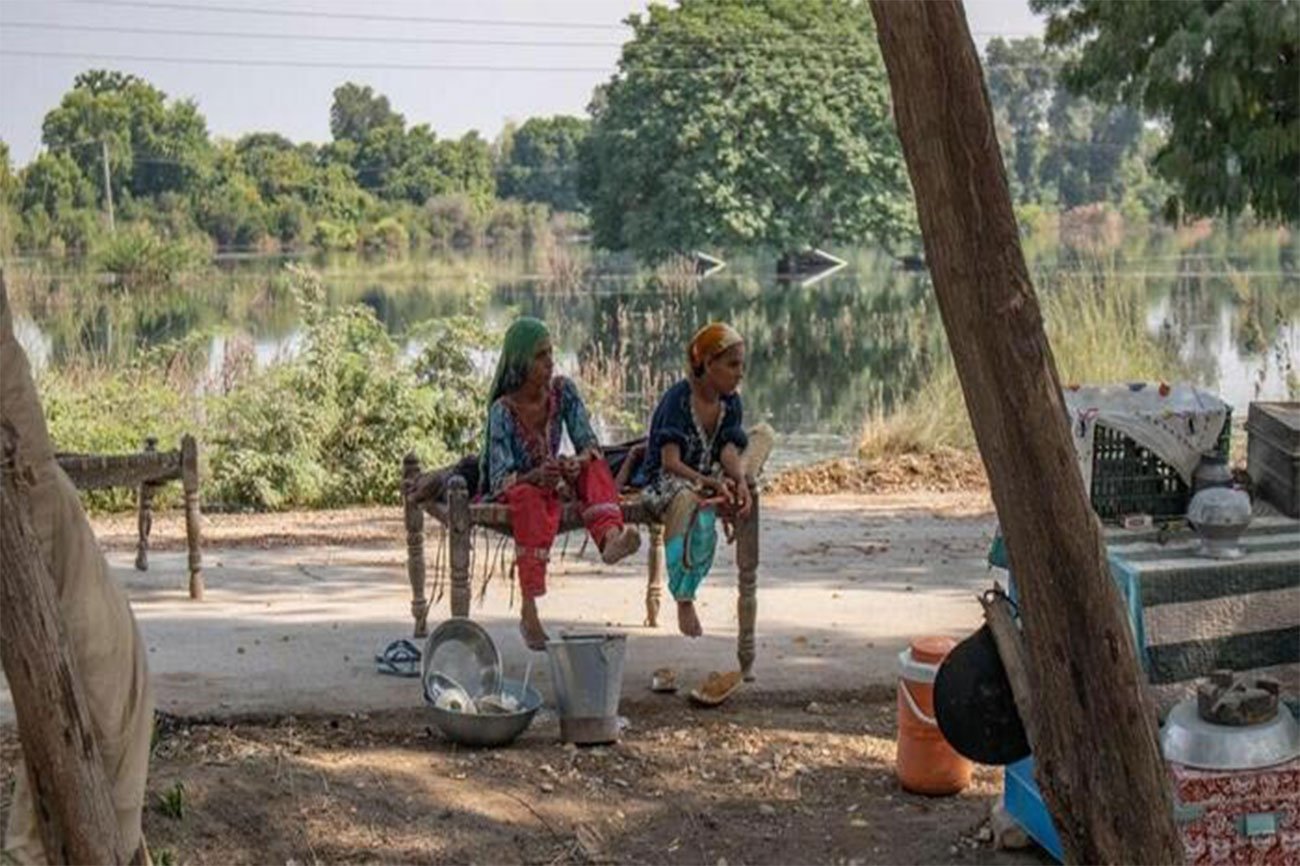Pakistan aims to address concerns raised by the International Monetary Fund (IMF) before proceeding with the implementation of its proposed fuel subsidy plan, as reported by Bloomberg. The IMF has expressed reservations about the government’s plan to raise fuel prices for wealthier individuals in order to finance a subsidy for lower-income groups, which is intended to provide support and protection for the poor and vulnerable.
Minister of State for Petroleum, Dr Musadik Malik, acknowledged the IMF’s concerns and emphasized the government’s commitment to ensuring their understanding of the plan’s objectives. He stated, "We want to make sure now that if we move forward, we take care of their concerns and make sure that they completely understand what we are trying to do and why.”
The government’s primary goal is to meet the IMF conditions necessary to revive a stalled $6.5 billion bailout package, which plays a crucial role in avoiding a default. To meet some of the conditions, the government has implemented measures such as tax increases, energy price adjustments, and currency depreciation.
This is not the first time that petrol price subsidies have posed challenges in the IMF program. Previous measures implemented by the Imran Khan-led government caused a delay in the program’s progress last year.
Finance Minister Ishaq Dar had previously shared the fuel subsidy plans with the IMF last month. However, there is still no indication of Pakistan reaching a staff-level agreement with the IMF in the near future.
Expanded and Rewritten News Piece:
Pakistan aims to address concerns raised by the International Monetary Fund (IMF) before proceeding with the implementation of its proposed fuel subsidy plan, as reported by Bloomberg. The IMF has expressed reservations about the government’s plan to raise fuel prices for wealthier individuals in order to finance a subsidy for lower-income groups, which is intended to provide support and protection for the poor and vulnerable.
Minister of State for Petroleum, Dr Musadik Malik, acknowledged the IMF’s concerns and emphasized the government’s commitment to ensuring their understanding of the plan’s objectives. He stated, "We want to make sure now that if we move forward, we take care of their concerns and make sure that they completely understand what we are trying to do and why.”
The government’s primary goal is to meet the IMF conditions necessary to revive a stalled $6.5 billion bailout package, which plays a crucial role in avoiding a default. To meet some of the conditions, the government has implemented measures such as tax increases, energy price adjustments, and currency depreciation.
This is not the first time that petrol price subsidies have posed challenges in the IMF program. Previous measures implemented by the Imran Khan-led government caused a delay in the program’s progress last year.
Finance Minister Ishaq Dar had previously shared the fuel subsidy plans with the IMF last month. However, there is still no indication of Pakistan reaching a staff-level agreement with the IMF in the near future.







